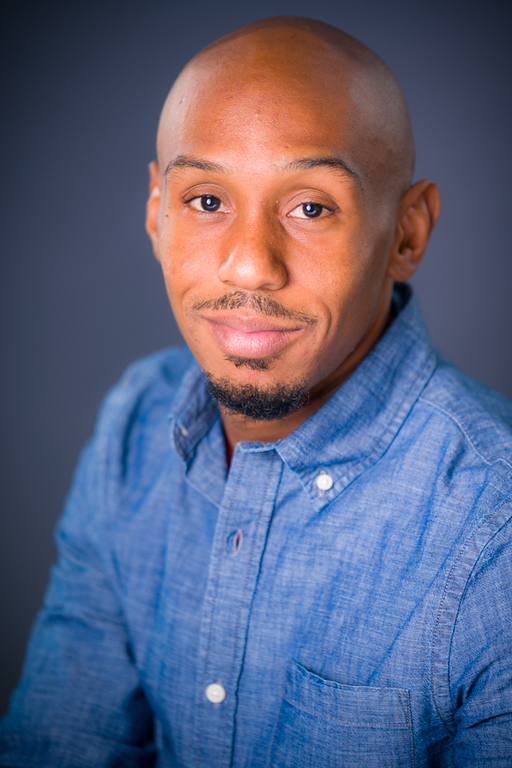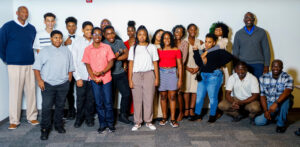
In late July, Scarlett Johansson sued Disney based on the streaming juggernaut’s decision to distribute her newest film on Disney Plus. The timing of this release was on the same day it hit theatres, which the A-list actress states is a breach of her contact and deprives her of millions in box office bonuses. Black Widow, a new film within the Marvel Universe, is amongst numerous examples where movie contracts were negotiated around how the box office performed. This traditional arrangement is under attack as films continuously shift towards streaming platforms. A platform like Netflix pays a set fee that isn’t based on performance, unless an entertainer has leverage to secure an additional premium. The main issue behind this is that streaming services are hesitant in the statistics they provide the public, where the limited data we do receive is often obscured. This lack of transparency limits attorneys and performers from negotiating for higher fees but is only the tip of the iceberg. Scarlett Johansson stated that in 2017, when negotiations for Black Widow were beginning, Disney Plus wasn’t the same powerhouse as it is now, and it wasn’t expected to become so vital in film revenue. How do entertainers find leverage in this new world and can streaming offer new opportunities for professional advancement? I reached out to Kevin Brooks, a local DFW actor, to discuss the implications for movies made today.
In an episode of Hot Ones, with interviewer Sean Evans, Matt Damon mentioned that films during the 90s’ had more risk taking involved because of DVD distribution. This additional source of revenue allowed films to venture into new territories and not worry about being an instant success. Which film genre do you think has been most impacted in an environment where physical DVDs have become obsolete?
I’ve been acting professionally over the last nine years and believe that, for lack of a better word, “hood” films take the biggest hits during any decline in revenue. There’s not much you can do with those films when it comes to targeting new audiences or making them more marketable. I would also say that the standard romantic comedy has received one of the biggest hits when it comes to the decline in DVD circulation. I’m just remaining positive if films are still being greenlit and projects are being rolled out. We’re currently seeing the evolution of film because of the benefits brought by streaming services. I’m confident that streaming services can take the place of DVDs when it comes to additional revenue for struggling films. That’s a concept I probably would have laughed at 10 years ago, but it’s a powerful force now. From the customer’s perspective, it’s a win-wine situation. You can stream top movies from the comfort of your home without paying high ticket prices or spending money on additional concessions.
Christine MckEnna-Tirella, a creative casting director at Backstage, has stated that they “enforced the importance of diverse voices in all aspects of the casting process—behind the table, in the casting room, diverse talent.” How can diversity be used positively in major films and are there moments where it can be too forced?
I really feel that you always can tell the effort in a project just by the work. The work will reflect, and energy doesn’t lie. You can have a diverse cast, but if everyone’s not on the same page or not collaborating on specific ideas, then there will be challenges. I work with a diverse cast, but I’m just as proud when I see that everyone is working together, and no one is taking themselves too seriously. I truly believe you can tell when something is forced, like the writing is great but the performances are lacking.
Disney has provided financial figures around August 15th, showing that Black Widow had raked in nearly $400 million in box office receipts worldwide. Attorneys behind the figures mention that this proves that a hybrid approach was successful for the film. Which side do you agree with in the current debate and is a hybrid approach beneficial for theatres?
I believe that the hybrid situation works, but there are still clear differences between both models. The movie theatre is supposed to be seen as an experience, but the Covid-19 pandemic has forced businesses to adapt and remain flexible. Therefore, theatres are trying to use what additional amenities they can to attract people, but sometimes it’s not enough. You can add new attractions, but a $13 movie ticket and $12 candy bar will scare off a lot of new customers. There are some exceptions, like the blockbuster Marvel films, who were able to make millions during the wake of the pandemic. That was the main highlight though, with plenty of intendent films suffering.
Covid-19 prompted socially distanced studios, virtual auditions, and ongoing zoom meetings. Are there any key differences auditioning virtually and are larger talent pools more advantageous for performers or directors?
I’ve experienced it in a few different ways. I will typically be sent an audition slot where I jump on Zoom link and expect to speak with the casting director or casting writer. This is different from the past because I don’t have any type of viewing of other contestants, so that made me a little less nervous. I had a few that went well, but there were some meetings that had technical issues. I’ve just had the pleasure of just getting an email saying, “we would like to request a self-tape from you.” There would be a stated deadline where I normally had a day to prep myself. I have a setup right in my house and I’m able to send that out cause right there we’re able to make sure the lighting is right.

